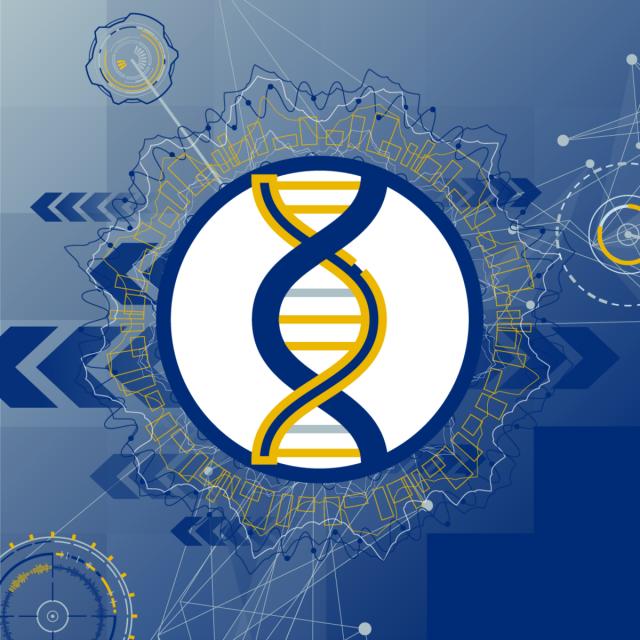MOOC List is learner-supported. When you buy through links on our site, we may earn an affiliate commission.

MOOC List is learner-supported. When you buy through links on our site, we may earn an affiliate commission.
Who Is This Class For?
Physicians, nurses, pharmacists, social workers, and other allied health professionals interested in expanding their understanding of digital health, big data, health information systems, and the unintended consequences of disruptive innovation in the healthcare system. The course is also aimed at those with technical, engineering, or analytics backgrounds who want to understand the nuances of those topics when it comes to healthcare.
What You Will Learn
- Articulate a coherent problem definition of, and a plan for addressing, a healthcare informatics problem.
- Create an Informatics Stack analysis of an informatics problem.
- Describe eleven socio-technical aspects of a health informatics problem or solution.
Course 1 of 5 in the Health Informatics Specialization.
Syllabus
WEEK 1
Overview of Health Informatics
In this module, you will be given an introduction to the course and its foundational concepts. After providing examples of health IT in the contexts of patients, providers, and populations—the three contexts we always return to—we articulate the drivers that motivate developments in health IT and informatics. We then provide the core definitions of key terms (like “health IT” and “informatics”) and introduce the core framework for your work in this course, the Informatics Stack.
WEEK 2
World, Organization, Roles, Function
In this module, we start our journey down the Stack to explain the world of informatics and health IT. We explore the top four levels of the Stack (World, Organization, Roles, and Functions), and then proceed to discuss new US medical-care (“World”) policies that drive health care Organizations to change practice, so they can accomplish their core Functions. We also discuss the history of health IT in relation to such policies in the past. We begin a course-long discussion of interoperability (which occurs at each level of the Stack), and privacy/confidentiality/security. We end with an explication of methods used to Evaluate whether an IT project has achieved the Organizational goals set for that project.
WEEK 3
Workflow, Information System, Modules
In this module, we continue the journey, starting with the role of needs, requirements, and specifications. We then turn to how workflow issues are turned into requirements and how information systems, built to satisfy those requirements, are assembled. We close with the cautionary notes of how poorly built systems harm the very workflows they were designed to improve.
WEEK 4
Data, Information, Knowledge, Technology
This module concludes our journey with discussions of Data, Information, Knowledge, and Technology. Regarding data, we discuss their sources and types and provide examples. We go on to explain differences between information and data, and between knowledge and information. Standards are most important at this level, and we discuss the exchange of text and imaging data. Regarding technology, we use the Hype Cycle as a way for you to keep track of what new technologies are doing what and when. We close with a framework for thinking about careers in health IT and informatics.
MOOC List is learner-supported. When you buy through links on our site, we may earn an affiliate commission.
MOOC List is learner-supported. When you buy through links on our site, we may earn an affiliate commission.
